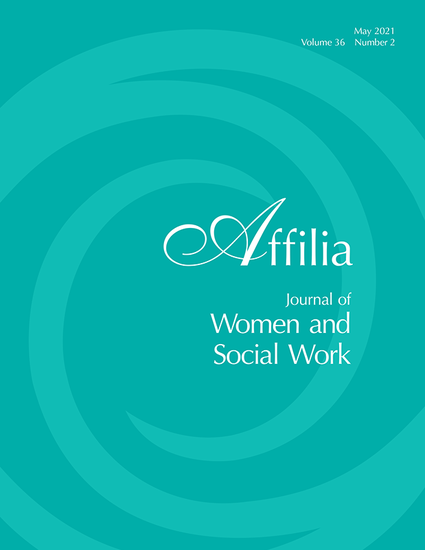
Social work has experienced long-standing tensions between care and control since its inception. As shifting moral, social, political, intellectual, and market forces have historically shaped social work agendas and practices, so have feminists through politics, research, teaching, and praxis. While radical and critical social work has frequently pushed back against oppressive systems and movements, social work and feminist social work frequently find itself colluding with and/or being coopted by institutions and systems that oppress, coerce, and control certain people and communities.
We need not look far for evidence of these tensions, including but not limited to social work practice and interventions steeped in carceral logics and rescue-based work poignantly evidenced by the now defunct Project Rose (Wahab & Panichelli, 2013).
Gramsci (1992), pessimism of the mind, optimism of the will, captures the spirit from which we write this editorial, and we turn to paperson’s (2017) A Third University Is Possible for inspiration and critical hope, as we contemplate the tensions above and the emotions they engender.
The bits of machinery that make up a decolonizing university are driven by decolonial desires, with decolonizing dreamers who are subversively part of the machinery and part of machine themselves. These subversive beings wreck, scavenge, retool, and reassemble the colonizing university into decolonizing contraptions. They are scyborgs with a decolonizng desire. You might choose to be one of them. (p. xiii)
Rather than wonder about dismantling existing institutions in order to build new ones, paperson inspires us to ask, how might social workers and social work scholars repurpose social work institutions and technologies for more emancipatory and decolonizing agendas? How might we embrace and join the scyborg “the decolonizing ghost in the colonizing machine” (p. xxiv) to decolonize social work?
